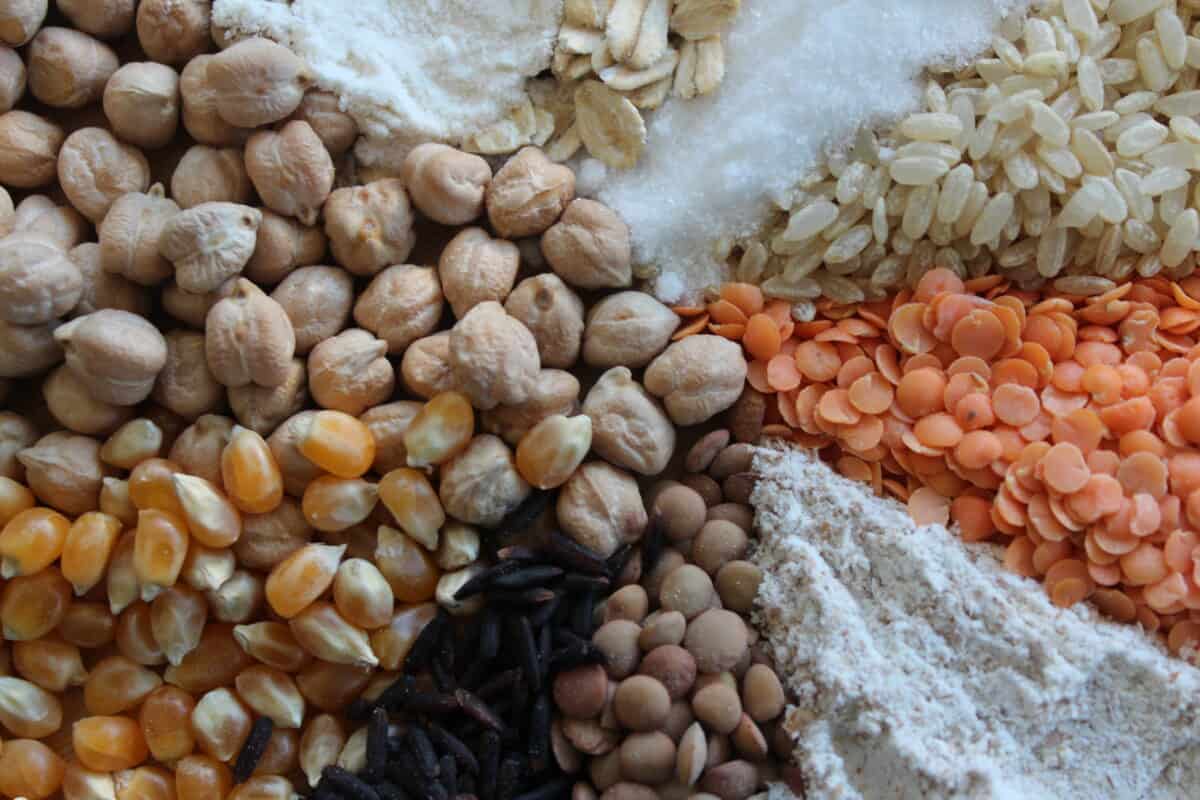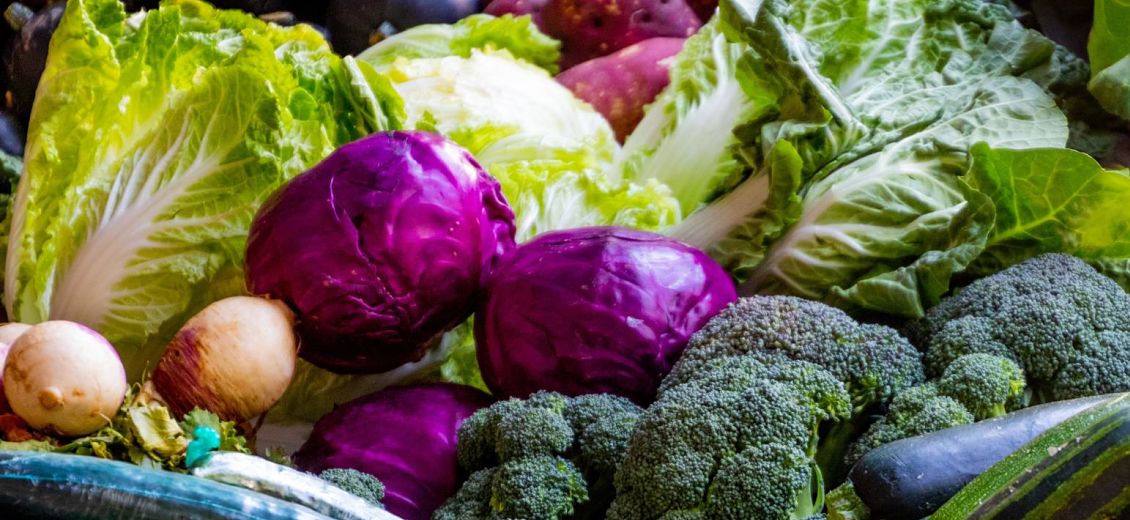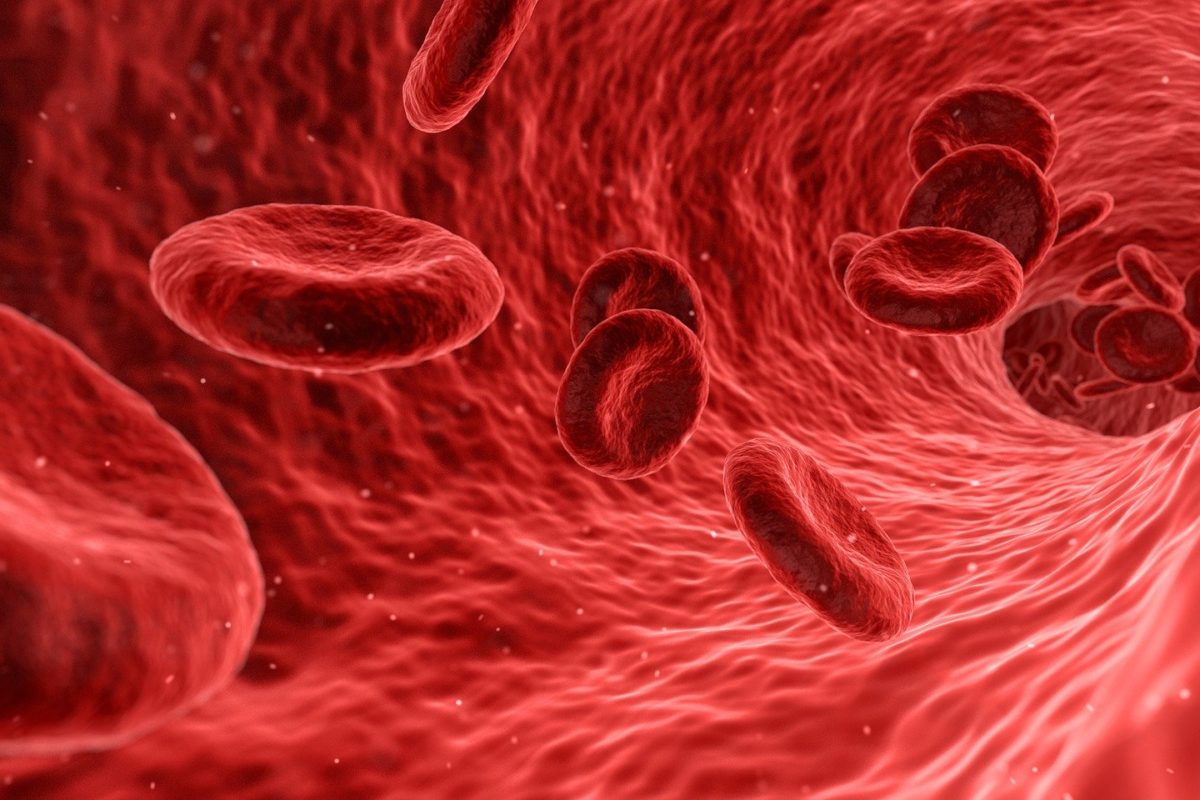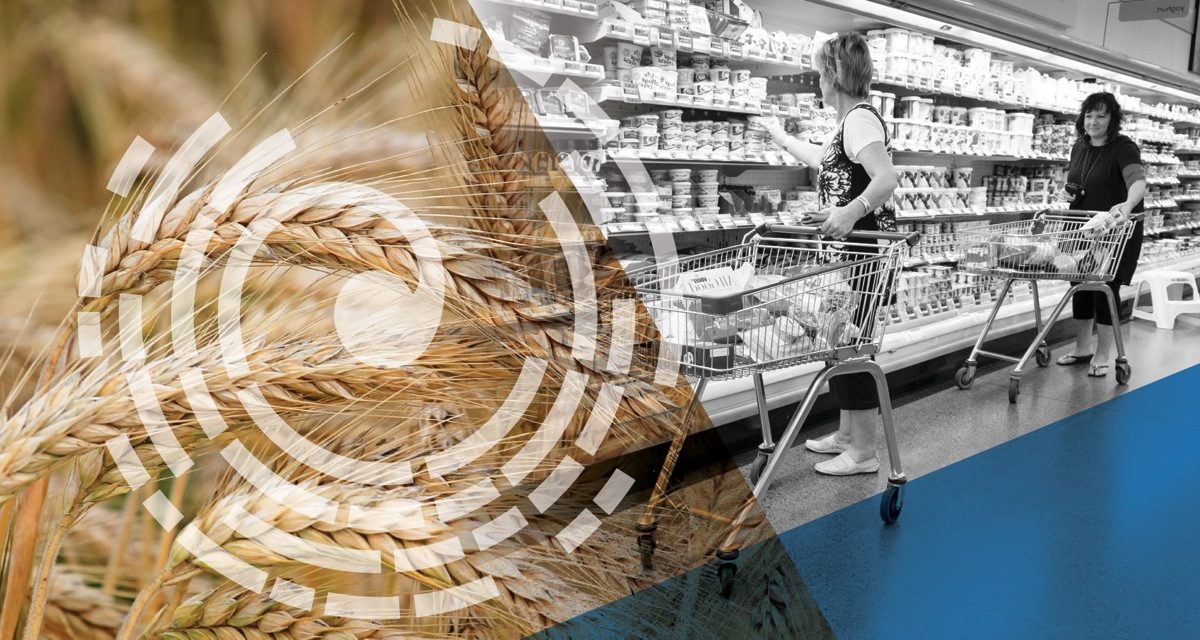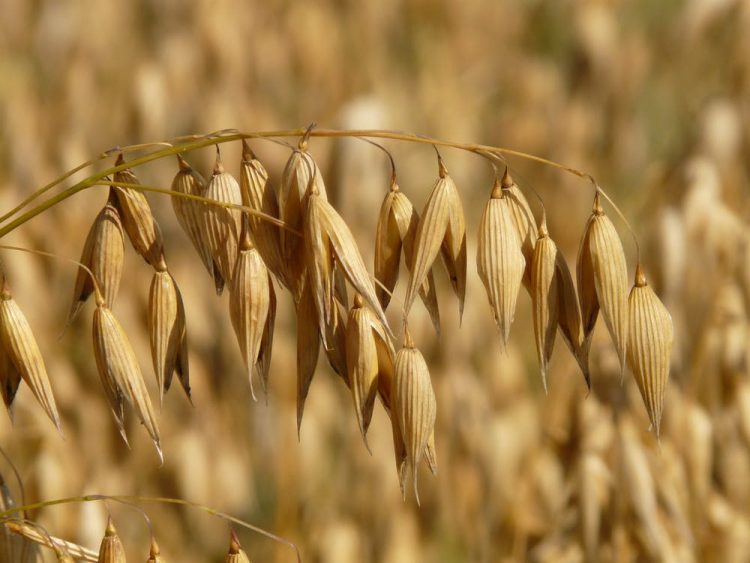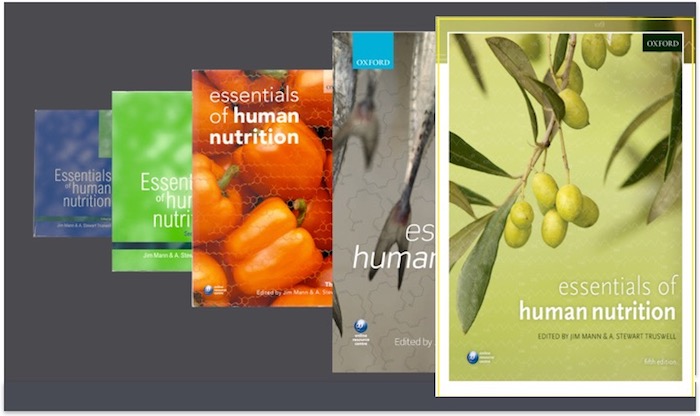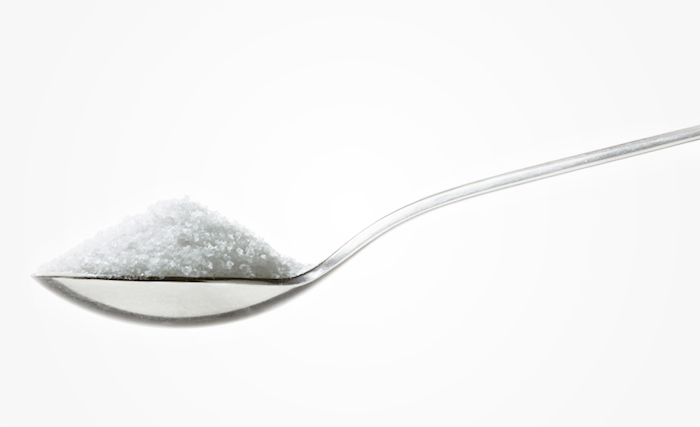TĀ MĀTOU E TŪHURA ANA
What we are investigating
Take | Issue
Unhealthy diet is the leading preventable risk for poor health globally. In Aotearoa New Zealand, unhealthy diets, such as those low in wholegrains, vegetables and whole fruits, are now the leading cause of health loss, followed by high body mass index (BMI).
Whāinga | Aim
This programme of research and knowledge exchange aimed to improve our understanding of how nutrition and nutrition-related policies can contribute to the prevention and management of non-communicable diseases (NCDs) such as diabetes, cardiovascular disease, obesity and some cancers.
Huarahi I Whāia | Approach
Drawing on considerable expertise within the Healthier Lives National Science Challenge, this programme used meta-analyses to synthesise evidence and randomised controlled trials to generate new evidence on the interaction between nutrition and health.
NGA PUTANGA ME TE PĀNGA
OUTCOMES AND IMPACT
Outcome | Putanga
This research found that high-fibre diets are not only helpful in preventing non-communicable diseases, such as heart disease and type 2 diabetes, but they may be even more important for those who already have such diseases. However, the way these high-fibre foods are processed can remove those health benefits and ultra-processed whole grains, such as instant oats, do not offer the same health benefits as minimally-processed whole grains like traditional oats.
Next Steps | Te ara kei mua
A new nationwide Nutrition Survey is urgently needed, as nutrition research relies on accurate and up-to-date information on what New Zealanders are eating. The last adult nutrition survey was conducted in 2008/2009.
New Zealanders in general do not eat recommended amounts of fibre. Encouraging higher intakes would have significant benefits to our overall health.
Research Products | Nga hua o te rangahau
Findings from this research have influenced national and international nutrition guidelines.
WHAKAWHITI MŌHIOTANGA
Knowledge Exchange
Puka Rangahau | Academic Publications
-
-
- Saturated fat and trans-fat intakes and their replacement with other macronutrients: a systematic review and meta-analysis of prospective observational studies World Health Organization (2023); ISBN 978-92-4-006166-8
- Evidence-based European recommendations for the dietary management of diabetes. Diabetologia 66, 965–985 (2023)
- Update on Nutrition in Diabetes Management. The Medical clinics of North America vol. 106,5 (2022): 865-879
- Dietary fibre in hypertension and cardiovascular disease management: systematic review and meta-analyses BMC Med 20, 139 (2022)
- Diets for weight management in adults with type 2 diabetes: an umbrella review of published meta-analyses and systematic review of trials of diets for diabetes remission. Diabetologia, 65(1), 14–36. (2021)
- Effect of Wholegrain Flour Particle Size in Bread on Glycaemic and Insulinaemic Response Among People with Risk Factors for Type 2 Diabetes: A Randomised Crossover Trial Nutrients (2021); 13(8):2579
- Gelatinisation and milling whole-wheat increases postprandial blood glucose: randomised crossover study of adults with type 2 diabetes Diabetologia (2021); 64(6), 1385–1388
- Whole-Grain Processing and Glycemic Control in Type 2 Diabetes: A Randomized Crossover Trial Diabetes Care (2020); dc200263
- Dietary fibre and whole grains in diabetes management: Systematic review and meta-analyses PLOS Medicine (2020); 17(3):e1003053
- Repositioning of the global epicentre of non-optimal cholesterol Nature (2020); 582:73–77
- Effects of dietary fat on gut microbiota and faecal metabolites, and their relationship with cardiometabolic risk factors: a 6-month randomised controlled-feeding trial Gut (2019); 68:1417-1429
- Carbohydrate quality and human health: a series of systematic reviews and meta-analyses The Lancet (2019); 393(10170):434–445
-
Ētahi Atu Puka | Other Publications
-
-
- Government inaction and the preventable diabetes pandemic. Nat Med 29, 791–792 (2023)
- Effects of fruits and vegetables intakes on direct and indirect health outcomes – Background paper for the FAO/WHO International Workshop on fruits and vegetables 2020 FAO and PAHO (2021)
- Dietary guidelines on trial: the charges are not evidence based The Lancet (2016); 388(10047):851–853.
-
Professor Mann has chaired Technical Advisory Groups for:
-
-
- National Nutrition Survey NIHI, University of Auckland (current)
- Clinical Guidelines for Weight Management of New Zealand Adults Ministry of Health (2017)
- Clinical Guidelines for Weight Management of New Zealand New Zealand Children and Young People Ministry of Health (2016)
- Eating and Activity Guidelines for New Zealand Adults Ministry of Health (2015)
-
Pāpāho | Media
-
-
- What we eat, and the excess body weight we carry, has now overtaken smoking as the most important preventable cause of disease. The World Health Organisation has just updated its dietary advice on fat and carboydrate intake Waatea News, July 2023
- Expert reaction: Most new Type 2 diabetes cases attributable to 'suboptimal diet' NZDoctor, April 2023
- Type 2 diabetes: Health researcher calls for ministeral taskforce Radio NZ, April 2023
- Sugar is evil: science trumped but advice spot on Otago Daily Times, September 2021
- Higher fibre saves lives, but food processing may remove benefits University of Otago, May 2020
- New diet research reveals dangers of processed food Radio NZ, May 2020 (9m 55s)
- Fibre has even bigger benefits for us than we thought, and we’re not getting enough of it ABC.net.au, March 2019
- Fibre has huge benefits, and we’re not getting enough of it ABC.net.au (6m55s, transcript available), March 2019
-




